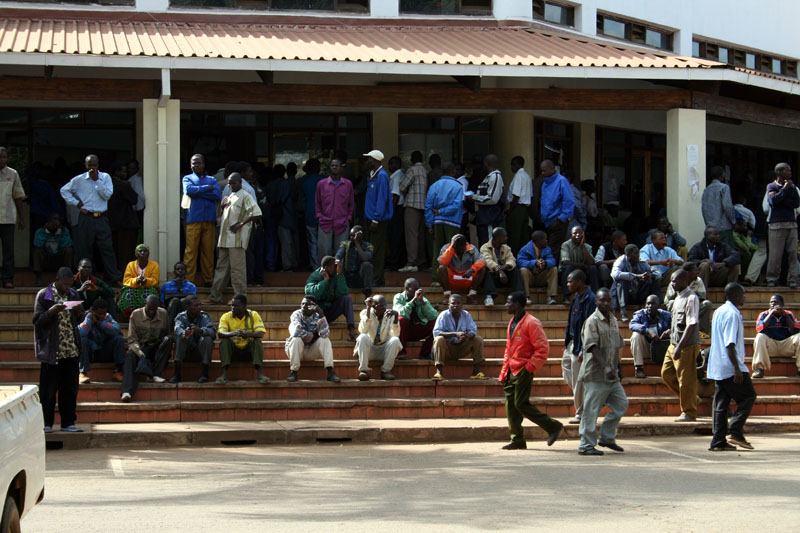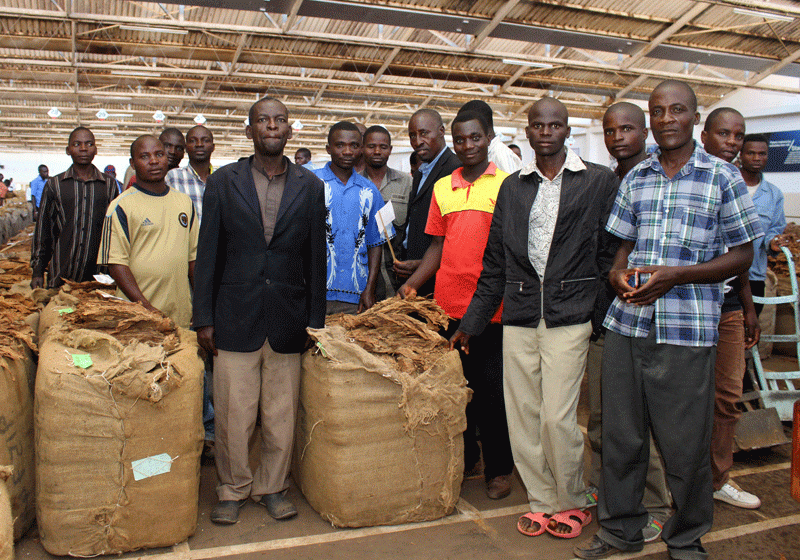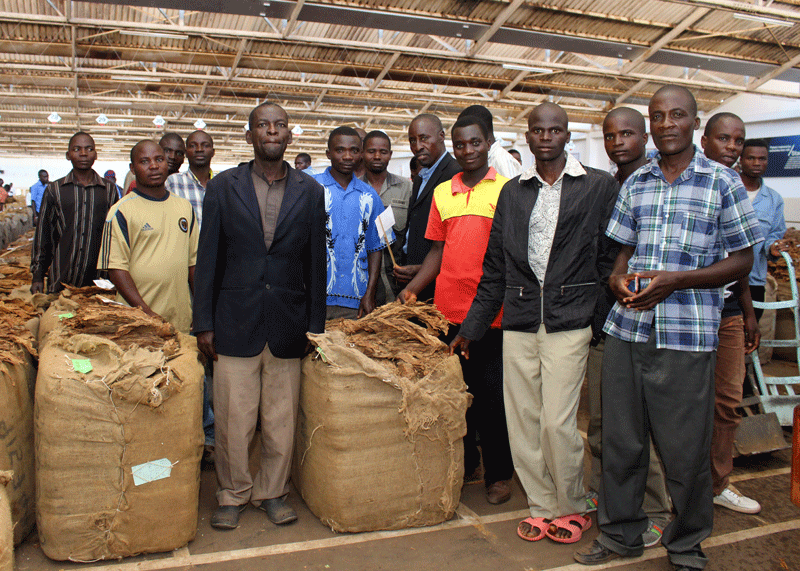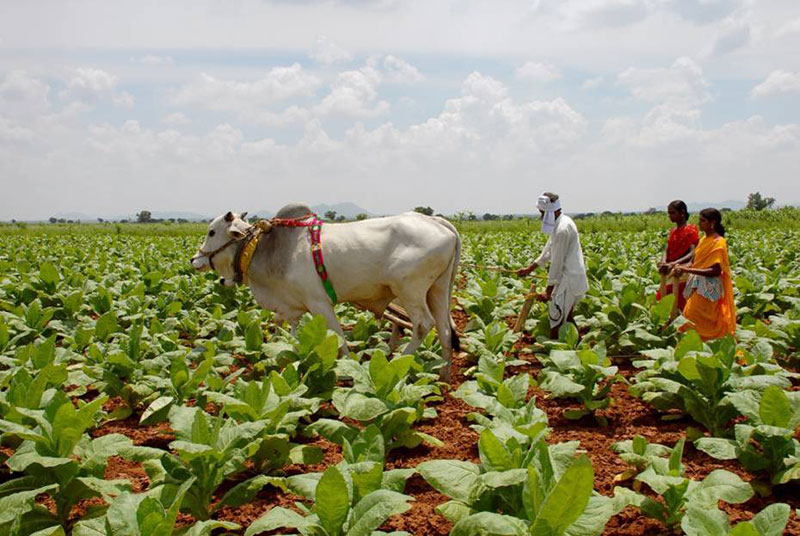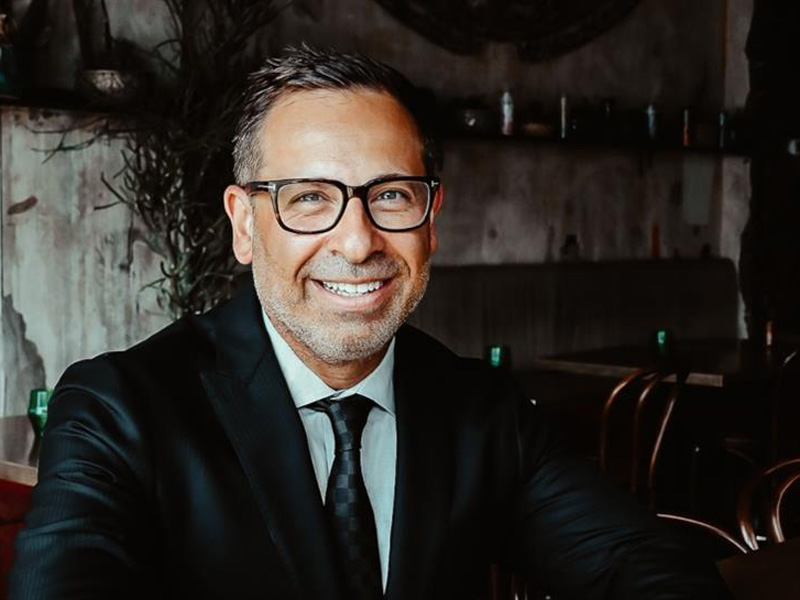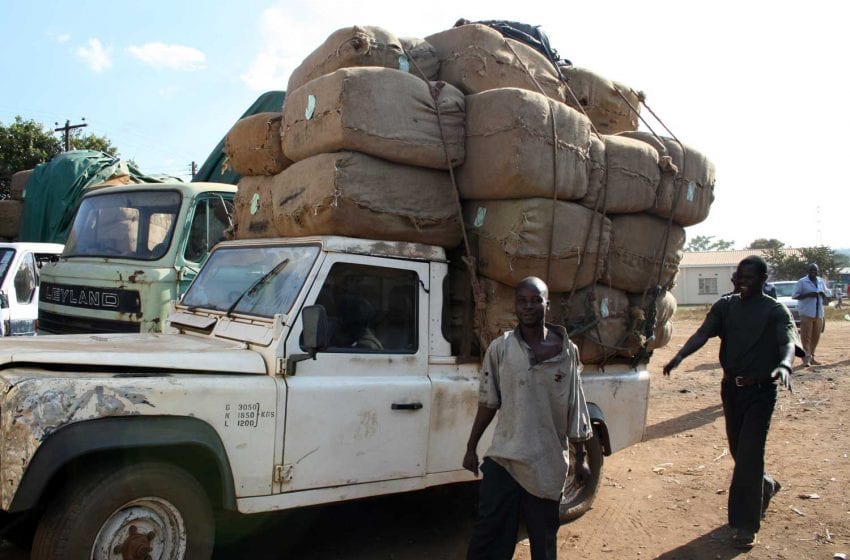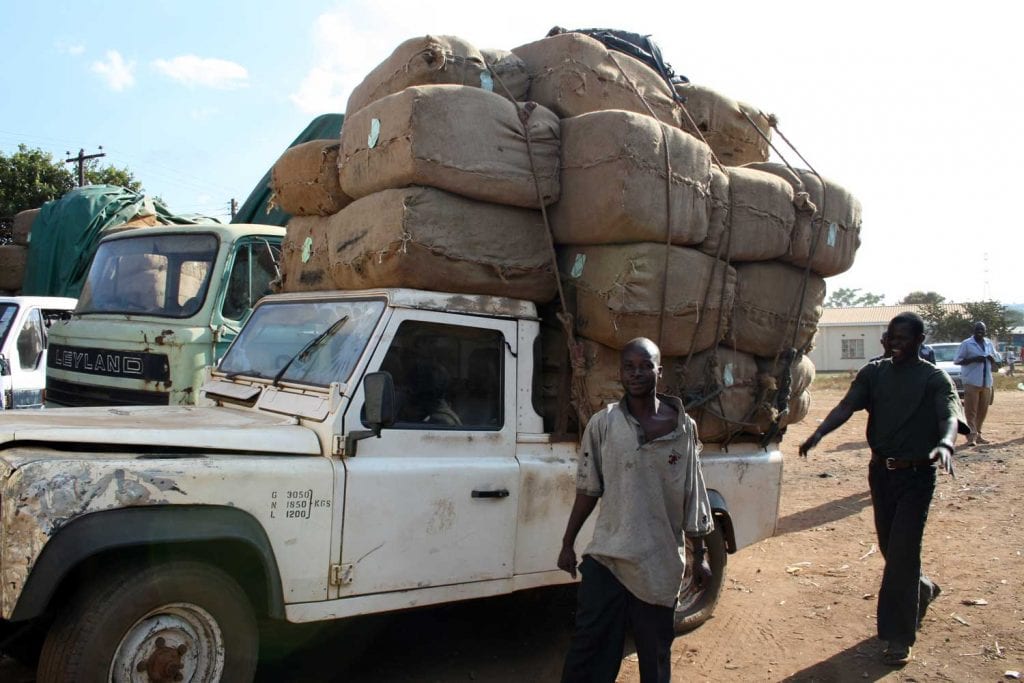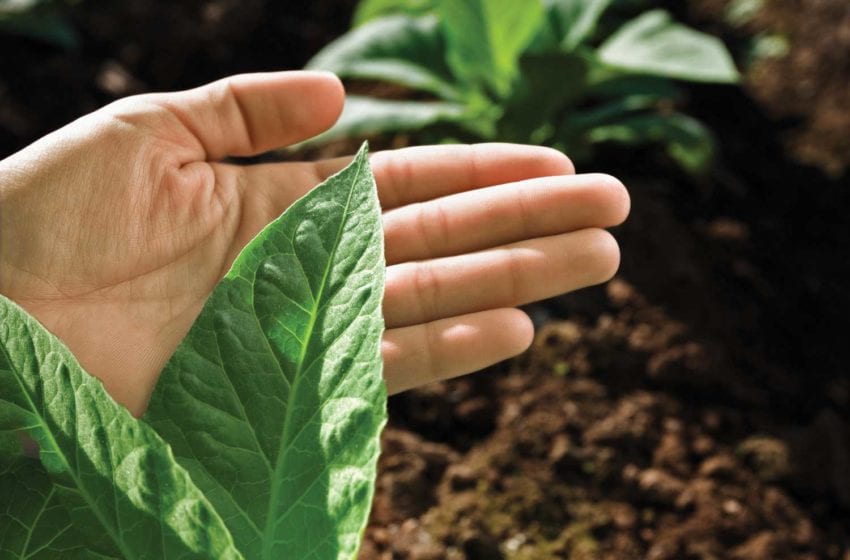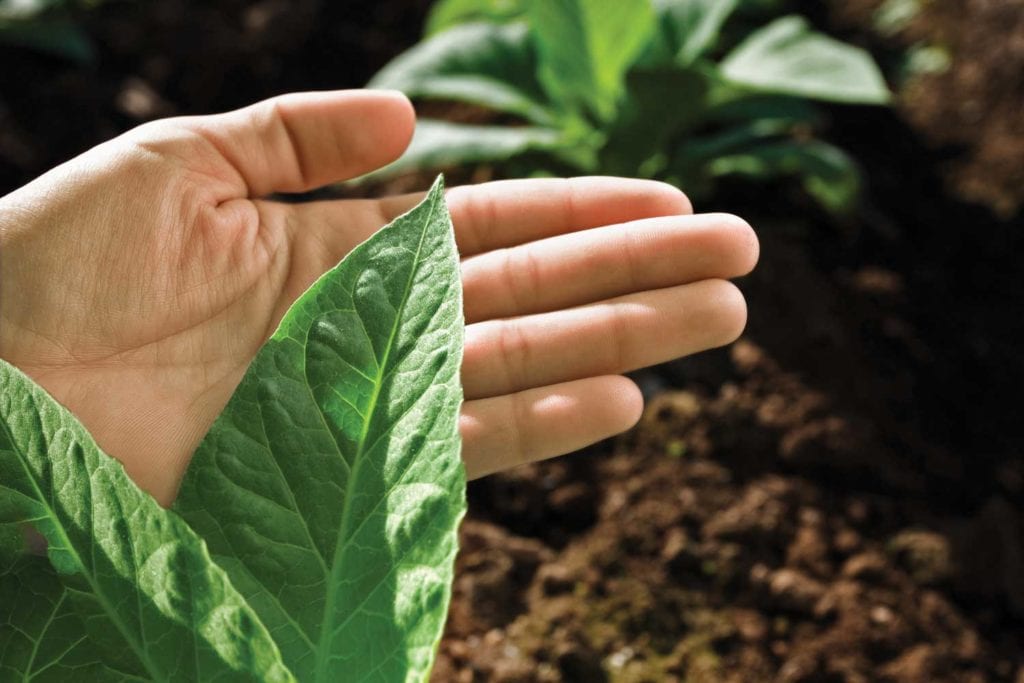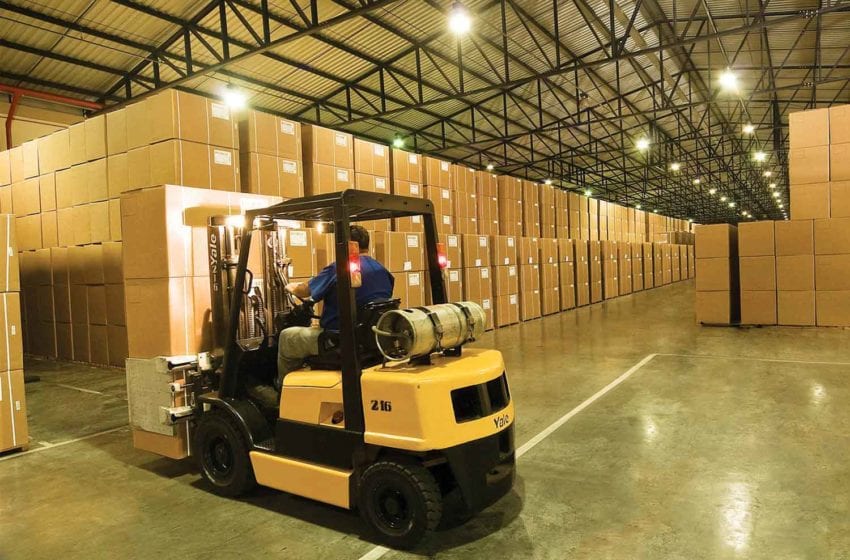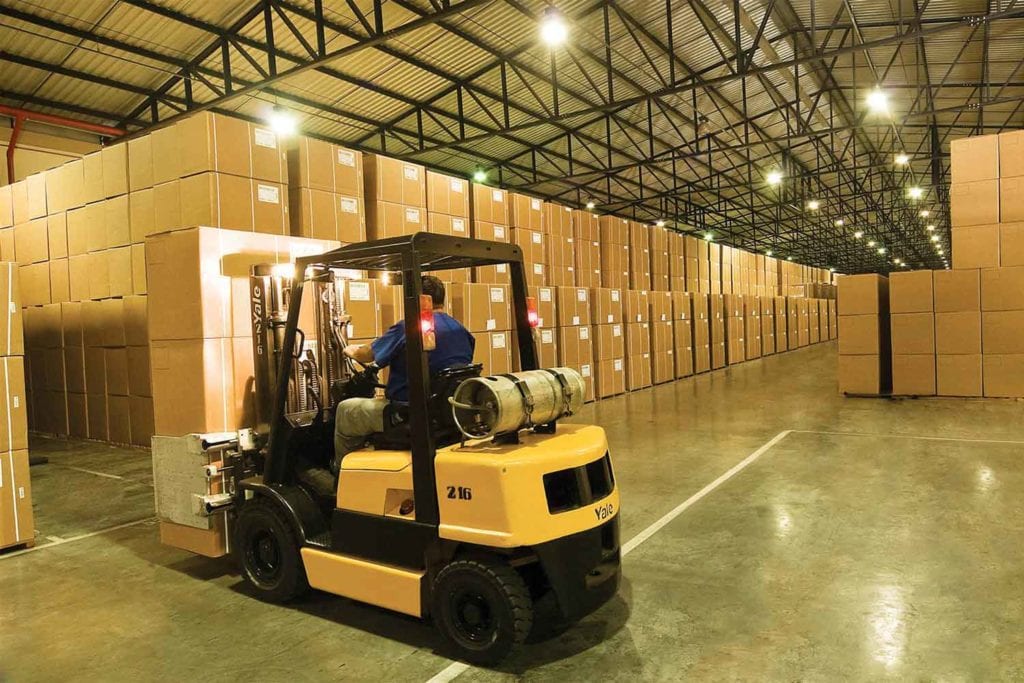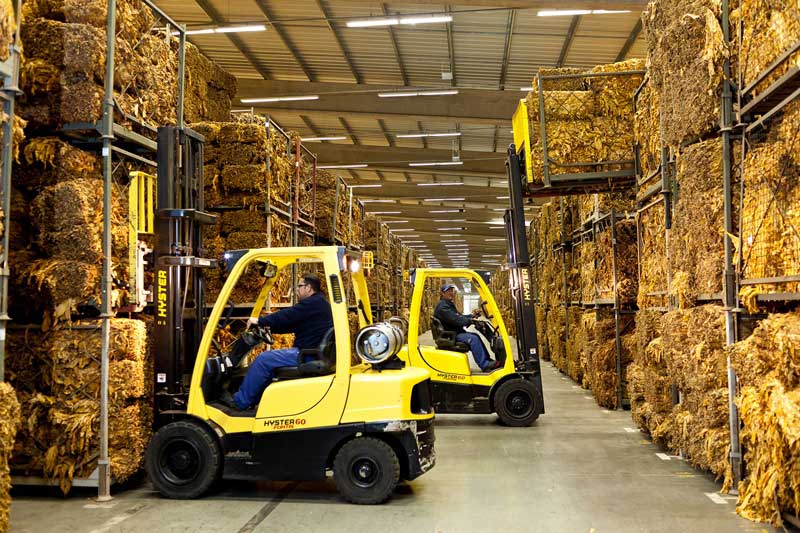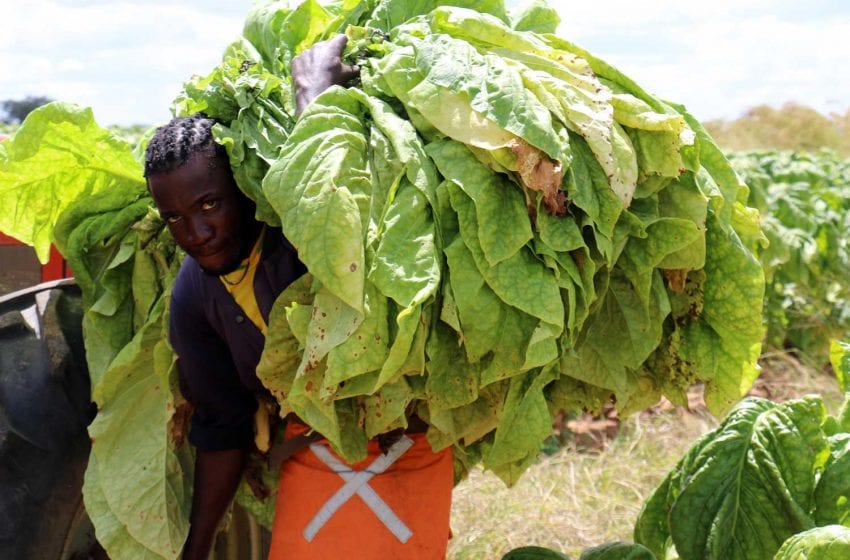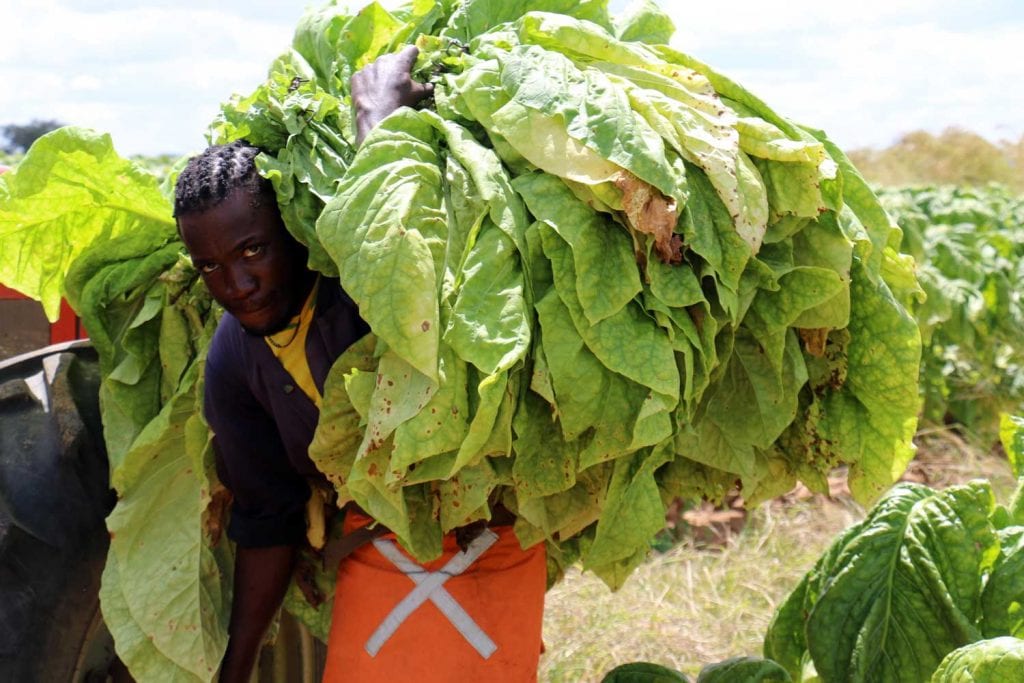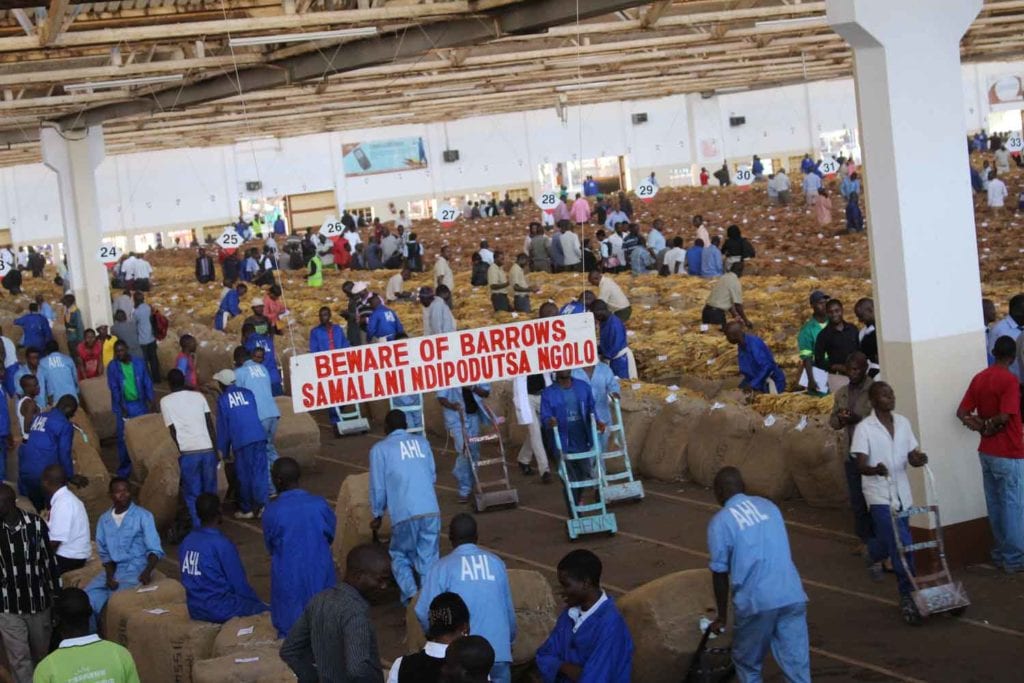
Sales at the Kanengo Auction Floors in Lilongwe came to a standstill on Aug. 23 as farmers protested high rejection rates and low offers made by tobacco buyers, according to The Nyasa Times.
The tobacco market was temporarily suspended over what farmers complained to be “continued low prices on offer.”
Some buyers have reportedly been offering as little as $0.50 per kg, which is below the government’s set minimum prices for the crop.
Minister of Agriculture Lobin Low urged the buyers to comply with the country’s laws in dealing with the farmers by offering improved prices for the leaf. “This is sad that currently farmers are getting as low as $0.50 on their tobacco,” he was quoted as saying. “What we are asking is to simply adjust the prices upward.”
His call was echoed by AHL Sales CEO Graham Kunimba, who said the rejection rate has hit an alarming 70 percent.
But the buyers seemed not ready to budge as they insisted that the leaf on offer is of low quality; hence, even the offered $0.50 is just there as a “favor” to the farmers.
Disappointed by their earnings from tobacco, a group of Malawi growers had earlier threatened to stop growing the golden leaf.

